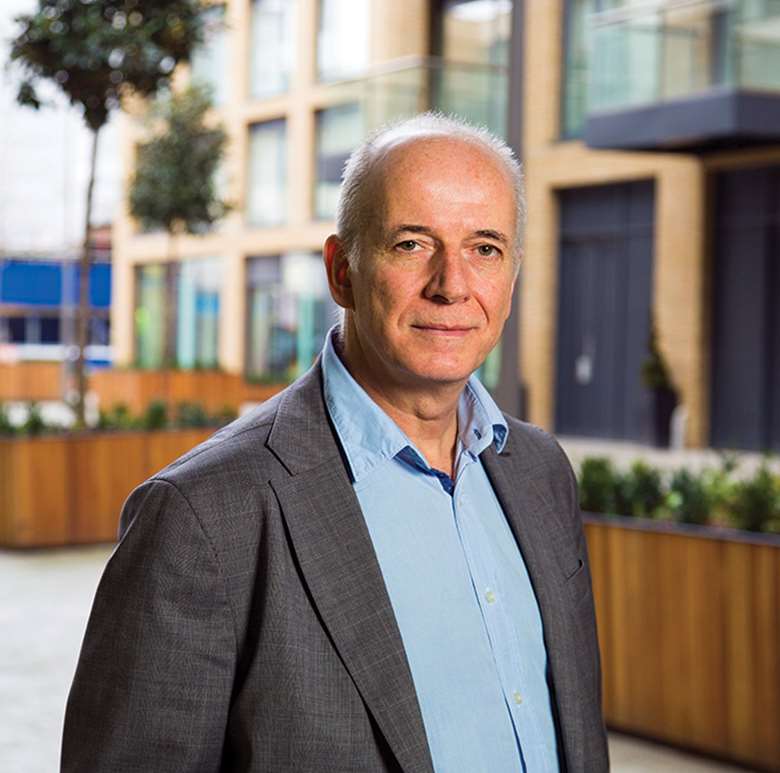Letters to the Editor: More money is not always the answer
Chris Wright
Monday, August 28, 2017

Two recent high-profile media stories described a children's services system at breaking point; LGA data showing councils over-stretched with the provision of crisis support, and the Action for Children Revolving Doors report, which estimated 140,000 children who "have needs that are too great for schools, health or other universal services", but don't meet the threshold for statutory social care.
We all recognise and are frustrated by these reports. We know that early intervention saves lives and money. We know that crisis care is expensive and treats the symptom, not the cause. Our problem is that it is rational to cut the supply of the former and meet the demands of the latter. Until we change the incentives influencing our decisions - the whole design and delivery of public services - these reports will continue to make the news.
I trained to be a social worker 30 years ago. The world is very different now, but the same problems are patched up in the same ways. Crisis, risk aversion and short-termism remain dominant traits. Professor John Seddon introduced, 25 years ago, the concept of "failure demand", describing the increased pressure on services because people do not get their problems solved the first time. This applies to local authority children's social care.
If we only do what we have always done, then more money just feeds current demand and creates more. How can we reform what we do, who does it and how?
Catch22's innovative pilot for Children in Need, Fact22 in Crewe, set out to work with children on the verge of need in partnership with Cheshire East Council. It combined the expertise of a social worker with the experience and flexibility of differently qualified frontline staff, including volunteers. The project saw a 12.4 per cent reduction in children in need cases and 30 per cent cut in average caseloads in its pilot phase.
It works because it is about capability and existing strengths. Across all of our work in children's services, we aim to unlock the capacity in the whole community, not just draw on the resource of the children's services department. We must challenge the barriers to doing this - cultural, structural and legal where necessary.
If local authorities are to have the ability to raise the money that they need, they must have the freedom to spend it as they would like. However, this must be done in collaboration with a range of other funding sources - wider public, private and philanthropic - and used in a more systemic way, so that the sum of the parts is greater than the whole. Participatory City in Barking and Dagenham is a great example, which if embedded into wider statutory plans could provide a template for this approach to unlocking the wider capability in our communities.
The state doesn't "own" children's services - we must open up the ability to solve problems to others. In doing this, money and lives will be saved, and there will be sufficient resource to reverse "failure demand" and reduce demand overall.
Chris Wright, chief executive, Catch22




